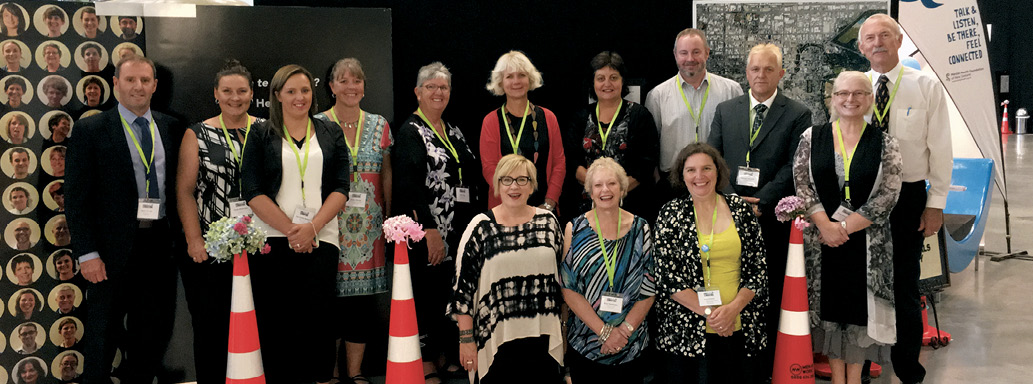
By Penelope Burns, Western Sydney University
The People in Disasters Conference was held in Christchurch, New Zealand in February. The conference was about sharing people’s journeys through disasters, including the role of healthcare workers and other professionals in providing the best care for individuals, families and communities.
The conference coincided with the five-year anniversary of the earthquakes in Christchurch, and was poignantly preceded by a destructive quake. The event was hosted by the Canterbury District Health Board and Researching the Health Implications of Seismic Events Group in Christchurch in a disaster-experienced community. A diverse range of local and international speakers spoke from the heart of their experiences and the lessons they learned.
It was a collaboration from the outset and, for visitors from overseas, the conference became a community, full of open sharing of the human experience of extreme situations.
Themes covered response, recovery and resilience and attendees heard from emergency services personnel, hospital staff, mental health teams, animal welfare groups, teachers, government leaders, engineers, community general practitioners and nurses, pharmacists, and the local clown doctors! These groups crossed cultures with a strong ongoing theme of the Maori experience.
The emphasis was on the need for disaster risk reduction (DRR) as promoted through the Sendai Framework for Disaster Risk Reduction 2015-2030.
Conference participants raised some key issues:
The conference highlighted the need to work together across nations and disciplines, through sharing of knowledge and experience, to reduce risk and vulnerability.
Many of the conference sessions were recorded and are online at the University of Canterbury: https://quakestudies.canterbury.ac.nz/store/collection/925.

1 World Health Organization/Emergency and Humanitarian Action Training Programme.